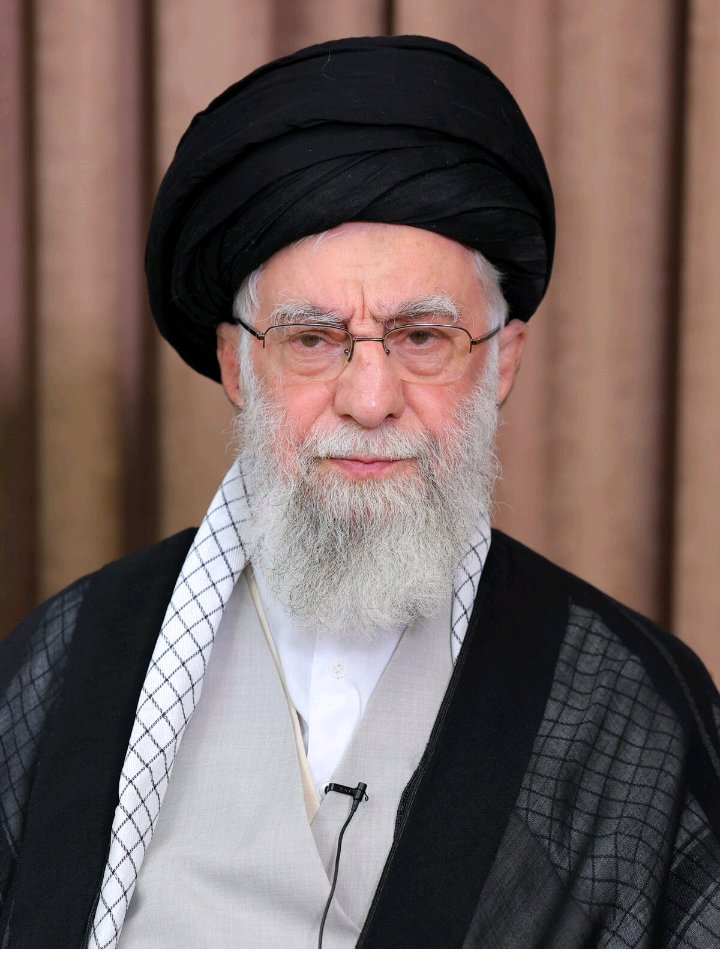Iran’s political landscape is showing signs of internal power struggles as Supreme Leader, Ayatollah Ali Khamenei, remains absent from public view, sparking speculation and uncertainty at the highest levels of the Islamic Republic. According to a report by The New York Times, citing four senior Iranian officials, rival factions are maneuvering for influence in anticipation of a possible shift in leadership.
At the heart of the emerging divide is a group of political and military leaders backing President Masoud Pezeshkian, who reportedly heads a rising faction favoring engagement with the West, particularly the United States, over continued confrontation. This group, described by officials as relatively moderate, is said to advocate for diplomacy, including a potential revival of nuclear negotiations.
“The president is trying to open a window for diplomacy before the door closes completely,” one senior official told The Times, reflecting the urgency felt by those hoping for change in Tehran’s approach.
This moderate camp includes influential figures such as Iran’s armed forces chief of staff, Maj. Gen. Abdolrahim Mousavi, and judiciary chief Gholam-Hossein Mohseni-Ejei, both of whom reportedly align with Pezeshkian’s pragmatic stance on foreign policy.
However, not all power players agree. Other factions, some with hardline leanings, appear poised to resist any softening of Tehran’s posture toward Washington. As Khamenei, now 85, remains absent and possibly in fragile health, questions loom over succession and the future direction of Iran’s policies, especially concerning its nuclear ambitions and regional behavior.
“The lack of clarity from the top is creating a vacuum that everyone is trying to fill,” another official said, highlighting the deepening uncertainty within Iran’s political and military elite.
Khamenei has long been the ultimate authority in Iran, and his public absence has intensified speculation about behind-the-scenes negotiations over who will shape the country’s next chapter. As these factions contend for dominance, Iran’s posture at home and abroad may shift in ways that could have far-reaching consequences.
Love Reading Authentic News Stories, Click The Button Below

